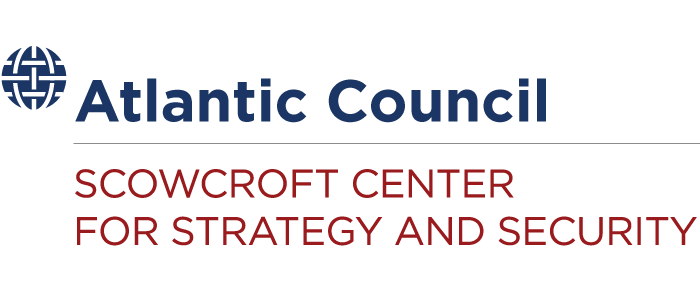July 29, 2021
Xi Jinping’s politics in command economy
China’s leadership has embarked on a new and risky path in economic policy making, one that has huge implications for the Chinese people and for the world. It stands in marked contrast to the emphasis on market opening and engagement with the world that defined the first decades of the post-Mao period of modern China that started in 1978. Instead today Beijing is intent on strengthening control over private companies and foreign investment, reserving set shares of its market for domestically produced technologies like semiconductor chips and electric vehicle batteries, and boosting the role of state-owned firms. This economic strategy has evolved into what can be considered a new form of state capitalism, defined by a top-down approach to the economy featuring government-directed and supported industrial policies with the goal of creating a far more self-sufficient country, and critically, one that continues to grow rapidly.
This issue brief examines key elements of China’s new “politics in command” strategy, including its antecedents in Chinese history originating in the earlier Mao era, and how it was largely abandoned under the Reform and Opening policies pursued by Deng Xiaoping that helped to power the rapid economic growth that defined the 1980s and 1990s. It highlights how the global financial crisis of 2008, during the administration of President Hu Jintao and Premier Wen Jiabao, set in motion a resurgence of state capitalism and a reliance on investment that aimed to keep China’s economy growing fast and avoid wide-scale layoffs for its workers. Industrial policy has now become a defining element of China’s economic strategy today under Xi Jinping. This issue brief examines this strategy’s key elements, including the strengthened role of state firms, the increasing encroachment by the party on the operations of private companies, its impact on foreign companies, the use of top-down industrial plans and state subsidies, the central role of Xi Jinping and the Chinese Communist Party in pushing it, and how it has affected policy making among officials in lower levels of government including at the provincial level and below. This report provides policy suggestions for other countries and particularly the United States, China’s largest trading partner, that aim to slow China’s move toward an economic policy defined by “politics in command” and lessen the potential negative impact it will have on their economies and companies.


Asia Security Initiative
The Asia Security Initiative, housed within the Scowcroft Center for Strategy and Security, fosters a trans-Atlantic-Pacific Community with a dual analytical approach grounded in key traditional and non-traditional security issues in order to develop new strategies and policies for the United States, its allies, and its partners.
Image: A man cycles in front of a screen showing Chinese President Xi Jinping speaking during a celebration marking the 100th founding anniversary of the Communist Party of China, in Beijing, China July 1, 2021. REUTERS/Thomas Peter
